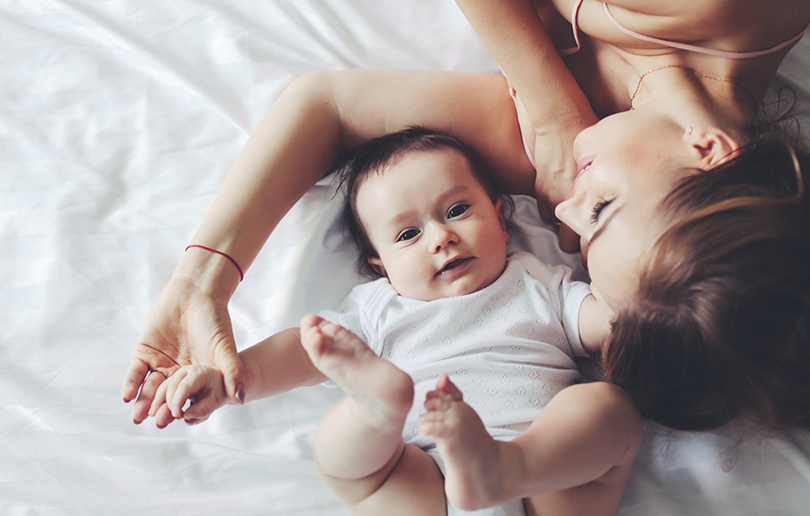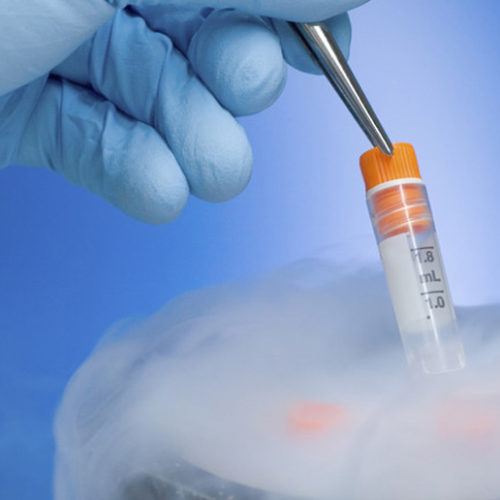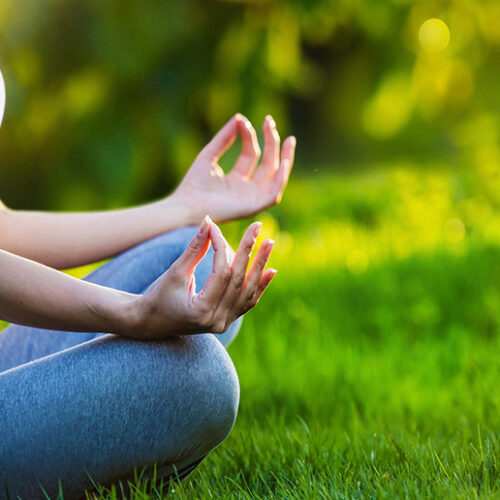Ten signs your new baby is healthy
Is your new baby healthy? Lucy Holmes looks at ten things that indicate your baby is in good health
Finally, you’re home with the new baby. You waved goodbye to the hospital, dealt with the first car journey and now you’re settled in at home gazing at your beautiful bundle of joy, ready to go it alone as a new mum.
It’s a learning curve, and every day you become a more confident parent. You get used to the difference in their cries, grapple with feeding, establish a routine. But all it takes are some paranoid thoughts: “is this crying unusual? is my baby eating enough?” and “is this normal?”, for you to easily fall into a spiral of anxious concern. You seek out family and friends and ask, but still, you can’t help but worry.
I have a five-month-old and have been on a learning journey myself, so I spoke to the team at the Dubai-based Babies & Beyond, the maternity and parenting experts, to put together a list of signs that your newborn is doing just fine…

Lots of wet nappies
If you’re changing eight to 10 nappies a day, it’s a good sign that your baby is utilising the nutrients from their daily feeds: this is a trusted indicator of their health.
Regular weight gain
Having your baby weighed regularly will reassure you that they’re growing and developing, which proves that they’re getting the right nutritional intake. If your baby is not gaining weight at the required rate, or is losing weight speak to your midwife or paediatrician.
Baby cries a little less and sleeps a little more
Do you feel that barely-perceptible tiny shift in your baby’s routine? That’s a result of their nervous system learning the ropes. Look for the emergence of several naps a day and stretches of four or more hours between feedings at night.
Baby makes eye contact
The first moment of eye contact with your newborn usually comes when they’re a month old.
Baby smiles, laughs and giggles
The first smile by about six weeks, cooing at three months, and laughing by four months: these interactions show that your baby is connecting with you and becoming more aware of their surroundings.
Baby responds to sounds
Babies can hear from birth, but it takes a few weeks for them to be able to filter out the white noise. The idea that some sounds are more interesting than others (the dull roar of the air conditioner isn’t as important as a big sister’s sudden shrieks of laughter) develops over time.
Your voice and touch calms them down
When your child is calmed by your presence, that’s their first step in bonding with you and a clear sign that they’ve developing emotionally.
Baby looks at colours, movements and pattern
Babies are born with eyesight that’s about 20/100, and they can see between eight and 12 inches away: that’s around the distance between your baby’s face and yours when you’re feeding them. By the time they’re one month old, they can see up to 18 inches away. By two months, most babies start tracking patterns, bright colours, and objects that spin, such as a mobile phone or fan.
Baby begins to support their own body weight
Lots of babies hold their heads up briefly by the time they’re one month old. By the time they’re three months old, they’re typically doing so more regularly and with greater skill. If your baby can hold their head up or shift around in your arms, you know they’re flexing their growing muscles.
Baby talks to you
From about four months, baby starts to chatter away, this is a crucial step in the way they communicate. You can start to have conversations with them, listen to their gurgles and coos, and respond.
If you enjoyed this article, you may enjoy this story on ten reasons babies cry.










